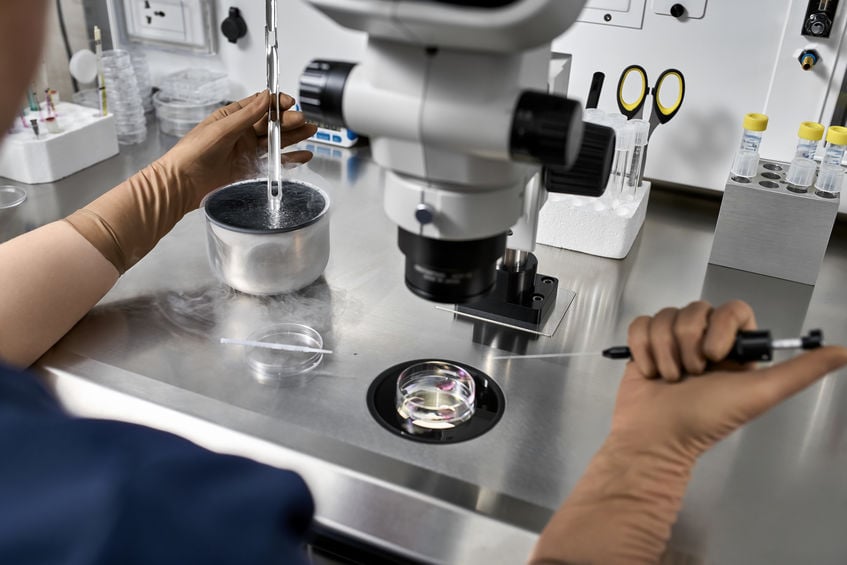Empowering Solutions For Low Sex Drive
Older age can bring about transformative life changes, including shifts in sexual health that may be challenging to discuss or address. For men over 40, experiencing a decrease in sex drive or encountering fertility issues can significantly impact quality of life, relationships, and overall well-being. The changes, rooted in natural physiological processes such as hormonal adjustments, lifestyle factors, and health conditions, call for a deeper understanding and proactive management.

Why does sex drive decrease after 40?
The decline in libido often seen in men over 40 can be attributed to hormonal changes, with testosterone levels typically decreasing over time. The natural shift can affect sexual desire and performance. Stress, lifestyle factors such as diet and exercise, and other health conditions like diabetes or cardiovascular issues also contribute to changes in sexual health. Identifying the root causes is crucial, and strategies like regular exercise, stress management, and consulting with healthcare professionals can provide tailored solutions to enhance libido.
How aging affects male fertility
Getting older negatively impacts male fertility, with noticeable declines in sperm quality, quantity, and motility. Men should understand that the changes are part of the natural aging process. Lifestyle modifications, such as maintaining a healthy weight, avoiding excessive smoking and alcohol, and coping with stress, can help reduce some of the effects. For men facing more significant challenges, consulting with a fertility specialist can offer insights into available treatments like assisted reproductive technologies (ART) to conceive.
Lifestyle changes to rejuvenate libido
Many lifestyle choices play a pivotal role in sexual health and fertility. A balanced diet rich in antioxidants and essential nutrients supports overall health and sperm quality. Regular physical activity boosts testosterone levels and improves cardiovascular health, enhancing libido. Adequate sleep and stress reduction techniques such as meditation or yoga also contribute to a healthier sexual life. Small, consistent lifestyle adjustments can lead to significant improvements in sexual health and well-being.
What medical solutions are available?
For men experiencing more pronounced challenges, various medical solutions are available. Hormone replacement therapy (HRT) may be an option for men with significantly low testosterone levels, but patients should discuss potential risks and benefits with a healthcare provider. Erectile dysfunction (ED) medications and fertility treatments like in vitro fertilization (IVF) or intracytoplasmic sperm injection (ICSI) can also be considered, depending on individual circumstances.
Prioritizing open communication
The psychological impact of changes in sexual health can be profound, affecting self-esteem and relationships. Open communication with partners is vital in addressing the changes together. Seeking support from therapists or counselors, especially professionals specializing in sexual health or aging, can provide coping strategies and strengthen emotional resilience. The changes are a natural part of aging, and seeking support is a positive step toward managing low sex drive and fertility problems.
Getting your groove back
Understanding and addressing the shifts in sexual health and fertility that often accompany aging can empower individuals to take proactive steps toward maintaining better well-being. Open dialogue with healthcare providers and partners, coupled with informed lifestyle choices, lays the foundation for tackling the changes confidently. The journey through the later years can be met with resilience and optimism with the proper support and interventions.




